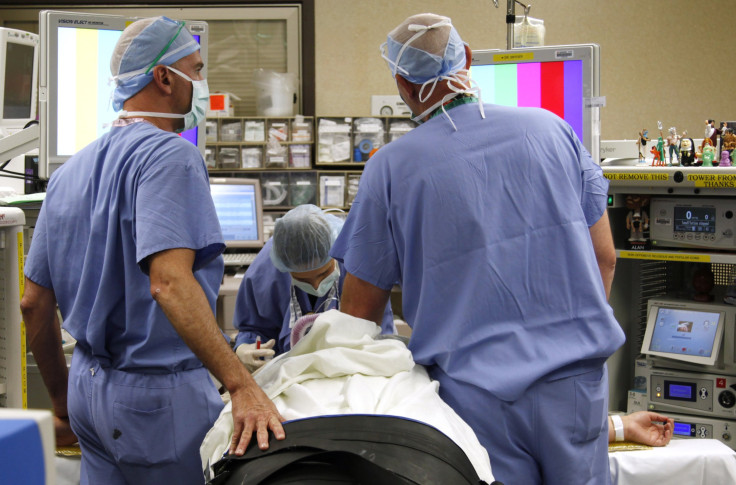6 Important Risks & Side Effects of Weight Loss Surgeries You Must Know

Needless to say, obesity is the leading cause of many health issues like diabetes, high cholesterol, heart diseases, arthritis, and more. Apart from the regular lifestyle modifications, people with unhealthy weight opt for weight-loss surgeries. These surgeries have been sought after not just to shed weight but also to regain their overall health and quality of life that had been affected by their extra weight.
Estimates suggest, more than 3.9 lakh individuals worldwide have opted for weight reduction surgeries last year. This increase in the number of people opting for surgical procedures for weight loss makes us wonder if these surgeries are good or bad for one’s health.
Like any other medical procedure, weight loss surgeries also have certain adverse effects. Here’s a list of possible risks and side effects of bariatric surgeries:
1. Wound Infections- Although this is very common after surgeries, weight-loss surgeries can cause wound infections that occur about 2-3 weeks after the procedure. You might experience redness, warmth, pain, discomfort and/or pus drainage from the surgical wound. You might need antibiotics to treat them and in complicated cases, you might even require additional surgery.
2. Constipation- This is a very common side effect of weight reduction surgeries. This can occur since your body has been adjusting to the intake of smaller amounts of food, or because you fail to drink enough water. Your surgeon can let you know about handling this issue. You can also try to avoid granular fiber such as Psyllium or Metamucil since they are likely to cause bowel obstructions.
3. Gallstones- They can occur when you lose a lot of weight suddenly. The majority of individuals who took bariatric surgeries develop gallstones after gastric bypass surgery. Although they are usually harmless, they can sometimes make you experience symptoms like abdominal pain, vomiting, and nausea. And around 15-25% of individuals also require surgery to remove their gallbladder post their weight-loss surgeries.
4. Dumping Syndrome- This includes several symptoms like weakness, abdominal pain or discomfort, severe diarrhea, rapid heartbeat, feeling full even after eating a very small amount, sweating, flushing, light-headedness, and rapid bowel evacuation. This happens especially after you eat sugary foods like sodas or fruit juices.
5. Deficiencies- You might experience vitamin or iron deficiencies after bariatric surgeries. Your doctor can help you with this issue by evaluating your iron levels regularly and prescribing supplements if needed.
6. Blood in Stool- This is an uncommon but seen complication of weight-loss surgeries. You might see black or reddish stools which can be due to gastric or duodenal ulcers. It can sometimes be serious, so call your doctor or go to an emergency room immediately.
© Copyright IBTimes 2024. All rights reserved.






















